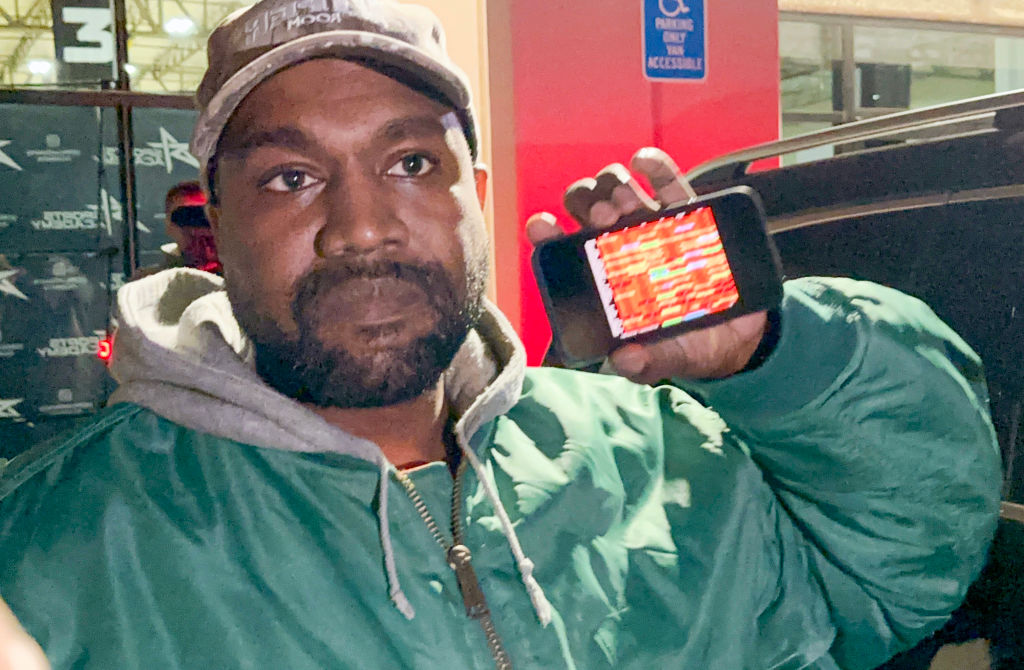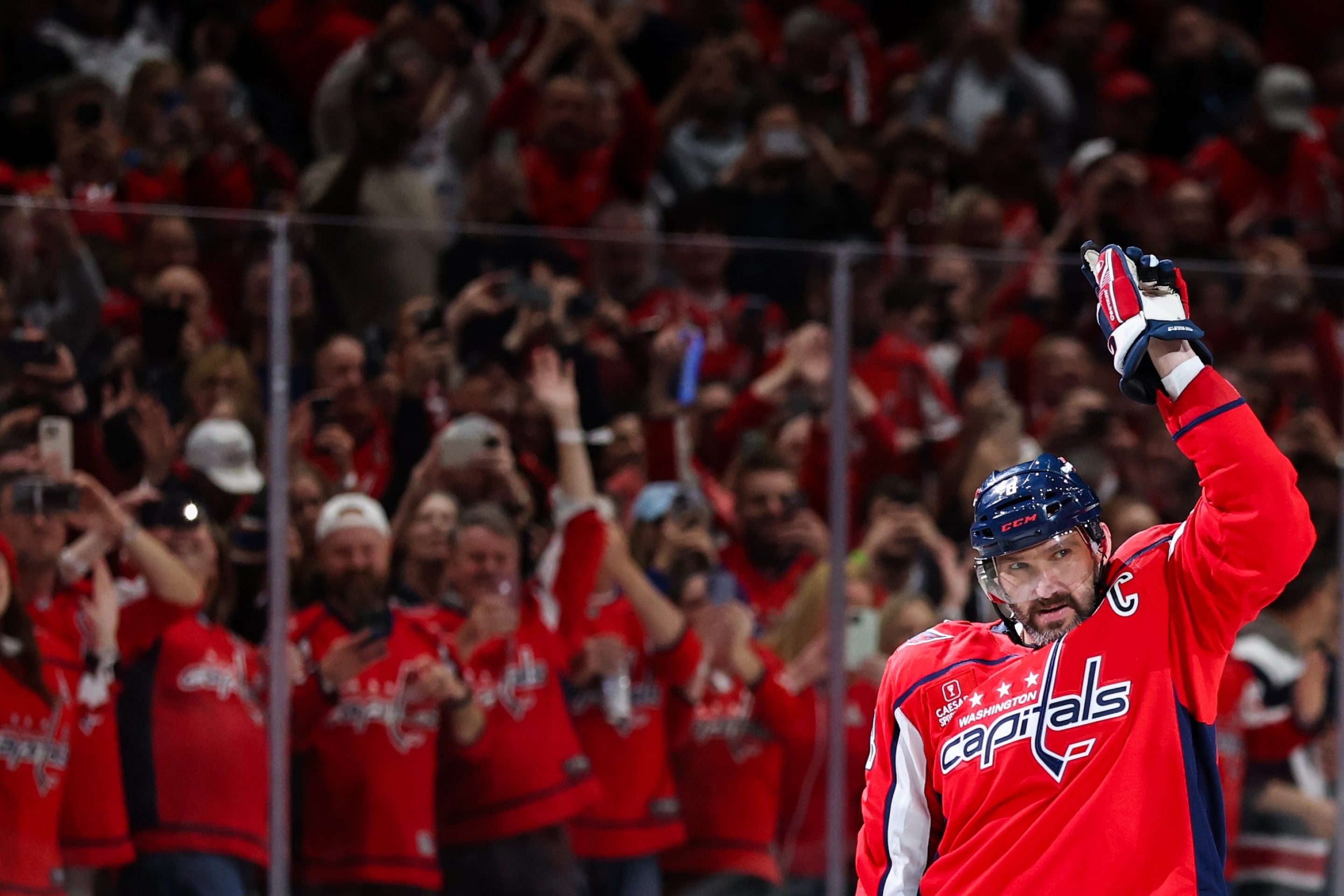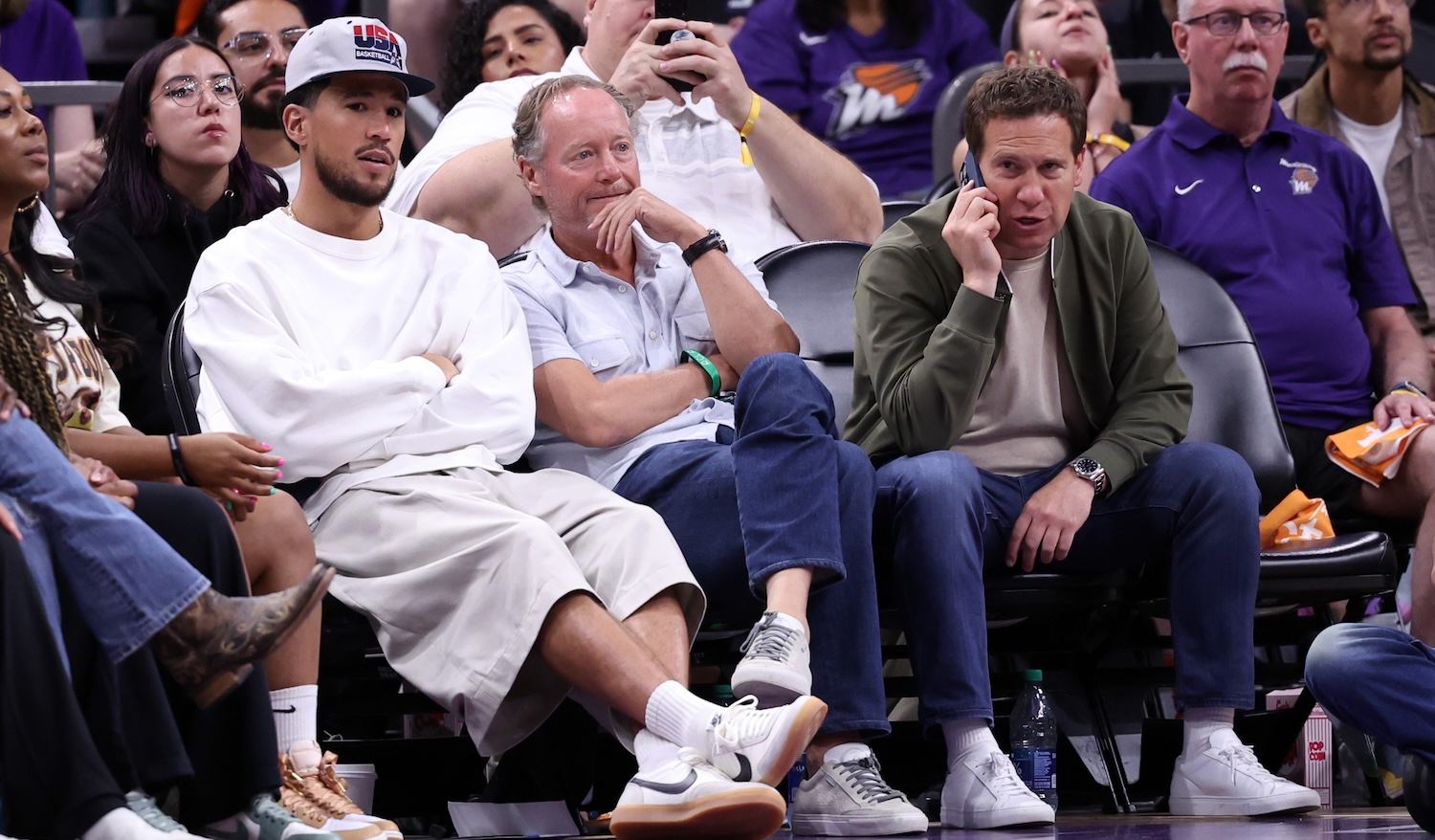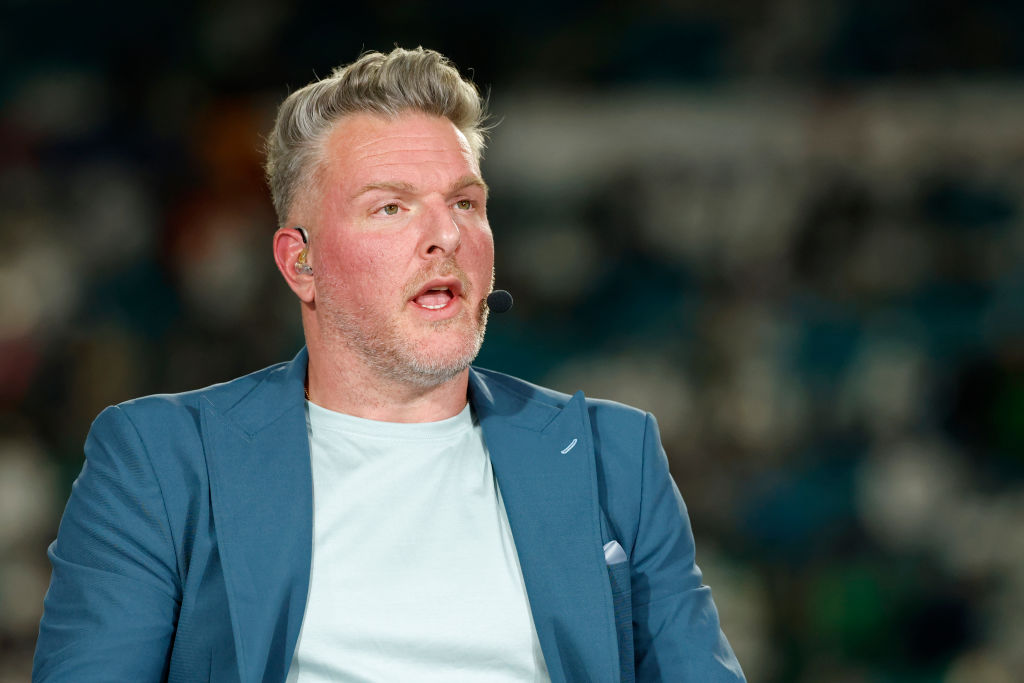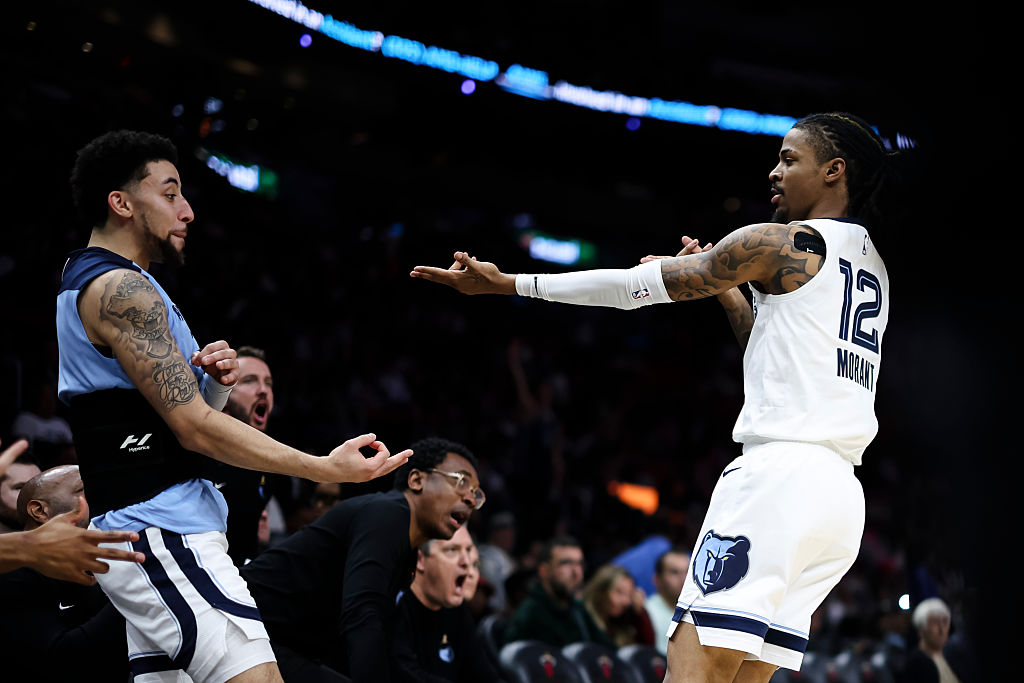The mad genius has been a longstanding fixture within various cultures. Greek philosophers were enamored with the idea of “divine madness”; students today are taught about van Gogh’s life as one of a tortured artist, juxtaposing his works with the tragedy of his severed ear and mental despair; Sylvia Plath is lionized as a genius equally tortured by her own brilliance. Alexander McQueen, Anthony Bourdain, Robin Williams, Edgar Allan Poe, Kafka, Virginia Woolf, the list goes on—Hollywood is obsessed with rendering these portrayals on the big screen. A Beautiful Mind is the tale of a brilliant mathematician who succumbs to paranoid schizophrenia; Silver Linings Playbook was lauded for being an empathetic and honest look at a character with bipolar disorder.
Society’s obsession with linking genius and madness, particularly when it comes to troubled men, creates a toxic and dangerous framework for fame. Habits and behaviors that would otherwise be seen as warning signs for most of us are suddenly evaluated under a completely different rubric; as long as an artist continues to operate at a nebulous level that registers as “genius,” then the harmful complications that run alongside their work can be managed, or considered the cost of business. At its most macabre, those “quirks” are embraced and pathologized for further consumption, creating a self-sustaining economy that reinforces the value of both the genius and the madness.
It comes as no surprise, then, that the artist formerly known as Kanye West generates obsessive speculation as he openly spirals into self-destruction. Residing at the apex of celebrity culture, entertainment, and creative auteurism, his tweets become headlines, his every opinion a novel flashpoint; such has been the case since he abruptly declared that “George Bush doesn’t care about Black people” during a live benefit for Hurricane Katrina victims in 2005. He’s had a spectacular career as an artist despite being an admittedly average rapper, thanks to his prolific production, natural inclinations for collaboration, and the confessional themes in his lyrics. His raw and uncut approach—fueled by persistent skepticism—expanded into other artistic mediums. He transformed his tours into high-concept art shows; despite minimal experience behind a sewing machine, he strove to become the “Steve Jobs of fashion,” interning at Fendi before launching his own line with Adidas, his YEEZY Season shows becoming a fixture in the fashion world. Over time, his craft seemed inextricable from a messianic ego that was impossible to curtail. Years of defying expectations made it near impossible to tell a person with such a high creative ceiling that something was not in his wheelhouse, or that there would be a detrimental effect to putting so much stress on himself by expanding into so many ventures.
Since his earliest days as a producer there has been no doubt that Ye has always been a loud and boastful artist, and his ascent made it clear that he bought into the same pathology of the mad genius that has been bestowed upon him since TMZ broke the news of his 2016 hospitalization in UCLA. “You guys want these crazy ideas, these crazy stages, this crazy music, and this crazy way of thinking,” Ye told David Letterman in an interview. “There’s a chance it may come from a crazy person.”
Psychologists and authors have created a field of study dedicated to the connection between art and madness. James C. Kaufman’s Creativity and Mental Illness and Judith Schlesinger’s The Insanity Hoax: Exposing the Myth of the Mad Genius have served as clear and authoritative texts debunking the perceived connection that has been elevated by mainstream media through texts such as Kay Jamison’s 1995 article, “Manic-Depressive Illness and Creativity.”
“It’s clear that the mad genius is about as scientific as Bigfoot, but with more tragic consequences: not only does it pathologize humanity’s greatest talents, but it utterly negates the courage, hard work, and rational determination that are the true essence of genius,” Schlesinger said in an interview for Psychology Today. “My book cautions against romanticizing a condition that causes such profound suffering and broken lives.”
Since Ye has gone public with his diagnosis, his behavior has become a media spectacle, with little regard for any repercussions of how the continued pathology of the mad-genius trope created a pressure cooker that would lead to an irreversible path of self-destruction. Now, it seems, Ye has reached a tipping point, where the madness has outpaced the divine. The last several weeks have seen Ye become Hollywood’s latest persona non grata. The grace Ye was afforded by celebrity culture has now evaporated, leaving only hypervisibility and scrutiny for him to contend with. The transgressions are numerous: His obsessive social media antics concerning his soon-to-be ex-wife Kim Kardashian and her brief relationship with comedian Pete Davidson; open alignment with alleged sexual abuser Marilyn Manson during the Donda rollout; the outfitting of “White Lives Matter” shirts on models as part of the YZY Season 9 debut, and his subsequent harassment of Vogue editor Gabrielle Karefa-Johnson. It has now become customary for Ye to use Instagram and Twitter as stream-of-consciousness logs to “expose” the people who are privately trying to reign in his escalating behavior. He has sat for rambling and unfocused interviews with everyone from Tucker Carlson and N.O.R.E. to Chris Cuomo and Piers Morgan. Most recently, he’s filled the void with antisemitic conspiracies.
Brands that once courted and celebrated Ye are scrambling for the exits; platforms that were happy to bask in his celebrity are condemning an artist they were quick to praise and defend under lesser scandal. Adidas and Balenciaga formally ended their relationship with the Ye brand; he has been dropped by talent agency CAA. Ye’s Adidas relationship alone reportedly accounted for $1.5 billion of his net worth, formally costing him his cherished billionaire status.
Ye should be held accountable for his actions, which are legitimately abhorrent, but this is where we face the reality of competing interests: Is Ye an individual struggling through an increasingly public manic episode in need of help, a media story to be engaged with, or an artist that must be forced to face consequences in the public square? Can one even attempt to effectively answer these questions from within a culture that exhibits so little interest in interrogating its relationship with celebrities and the mentally ill?
At his most clear-eyed, Ye has expressed just how distressing a manic episode can be for him. “When you ramp up it expresses your personality more. You can become almost more adolescent in your expression,” he told Letterman while explaining his specific expression of mania, an experience unique to every person prone to manic episodes. “When you’re in this state, you’re hyper paranoid about everything … everyone now is an actor. Everything is a conspiracy. You see everything. You feel the government is putting chips in your head. You feel you’re being recorded. You feel all of these things ... you feel everyone wants to kill you, you pretty much don’t trust anyone.”
Ye’s explosive 2018—marked by Trump visits, a TMZ interview, tweet storms, video rants, revelation of his bipolar disorder and subsequent disavowals of his diagnosis—generated a media frenzy. Celebrities and influencers alike were front-and-center for his Sunday Service. “Kanye standing in pulpits with microphones, speaking with no sense of preparation for the sacred nature of being with other people to imagine the world as otherwise than it is,” Ashon Crawley wrote for NPR, “is allowable because of celebrity, because the concept inoculates him from critique.”
At times, Ye would freely admit that he was in a manic episode, disclosing in a Jimmy Kimmel interview that the TMZ interview where he infamously stated that “slavery was a choice” occurred while he was in a “ramped-up state,” shorthand for entering into mania. He had also disclosed that he has been off his medication for months at a time. The public scrutiny of his episodes by media outlets only seemed to heighten his fame while providing minimal context of the diagnosis Ye offered freely in moments of lucidity.
Ye now finds himself in a different space—the “White Lives Matter” fiasco at Paris Fashion Week giving way to a career in free fall. In response, he did what people who see themselves as a free-thinker or auteur are fond of doing: continue pushing to find anyone willing to give you a megaphone. But the venues for that are growing more narrow: An episode of The Shop featuring Ye was pulled after he again trafficked in the same antisemitism and bigotry on display in an interview with Tucker Carlson, the unaired excerpts of which were recently leaked showing him discussing Black Israelite ideology, accusations of actors coming to sexualize his children, and theorizing that Louis Vuitton killed the recently deceased Virgil Abloh. His interview with NORE and DJ EFN for their Revolt-hosted podcast, Drink Champs, since taken down, continued along similar lines, alleging that Planned Parenthood is the Black Holocaust, veering into bursts of sinophobic non-sequiturs, and unspooling an extended conspiracy maligning both George Floyd and Abloh. Those tirades, all featuring easily debunked theories amplified from a documentary provided to him by his new friend Candace Owens, resulted in the family of George Floyd preparing a $250 million lawsuit against Ye and other relevant parties.
Plenty of people struggling with mental health can commit loathsome acts; plenty are also harmless. The amount of agency they have may vary from person to person, disease to disease. You can find people struggling with bipolar disorder who will tell you they become entirely different people in manic episodes. It’s easy to use terms like “unhinged, insane or psychotic” when talking about people in these states, wrote music journalist Kiana Fitz about her own experiences with bipolar 1. “The difference between me and Ye is that I’ve been granted grace and understanding from the vast majority of people who have witnessed me in the throes of mania … when I see people discuss Kanye using intentionally disparaging tones and language, it gives me pause.”
When it comes to Ye, the stakes are much higher than for the rest of us. I certainly have written repeatedly about my frustrations with how the cult of personality has allowed him certain latitudes. The heady combination of success and celebrity allows people to enable their most dangerous traits. When he shares his unfiltered opinions while in the depths of a manic episode, he is telling us more than his words can say. Because even if these are opinions he truly holds, his lack of impulse control and inability to rationally assess the impact his words can have on people, including himself, speaks to a condition that is unpredictable and explosive.
Where Ye’s life and career goes from here is unclear, though the chances of him finding a more restorative direction seem slim. Relationships he once had with people in his inner circle have reached their limits, the brands that once flocked to him have made their escape, and the feverish media coverage that was once full of praise, then morbid curiosity, and now damnation continues along a predictable path. This process of isolation is of course likely to accelerate his persecution complex and drive him even further into the darkest corners of celebrity culture. Or maybe Ye will hit the brakes, stay silent for a few months or even a year, and eventually engineer the kind of muted comeback we’ve seen countless bad-behaving celebrities complete following a brief banishment from polite society. Neither of these options offers much of a possibility for healing, for Ye or the people he’s harmed through his actions.
Plenty of blame can be apportioned to the media, particularly in those corners where people like Carlson gleefully provided a place for Ye to continue saying harmful things while clearly in the midst of a manic episode. But media institutions are ultimately just a reflection of the culture in which they exist. In Ye’s rise and subsequent fall you can see the co-mingling of two of our culture’s biggest failings: an inability to develop and maintain healthy attitudes towards celebrities, and an overriding impulse to punish, gawk at, or shun the mentally ill. A culture such as this leaves a person like Ye with only two options: be the mad genius that receives unhealthy worship and devotion from those far too willing to ignore dangerous warning signs, or be the raving lunatic who can only be viewed as a target for exploitation or object of disgust. Imagine a culture in which famous artists are properly situated, and in which those suffering from serious mental illness are not so quickly pushed to the brutal edges of society, and you might see a culture in which Ye can be helped to repair the damage he has caused.
Now, we are left to consider what accountability would even look like. There is no real circle to hold Ye accountable; Twitter and Instagram once suspended him, but the ascendance of Elon Musk, who has amassed his own noxious cult of genius, has nullified that as a meaningful form of censure. Brands that once flocked to Ye have fled at a speed that has only increased as he doubled-down on his antisemitism, which has only accelerated his persecution complex and led to very sloppy and noxious public discourse, even finding common cause among other celebrities. All of it is a distraction from the incontrovertible fact, as NBA writer Yaron Weitzman tweeted, that “conspiracy theories about Jews lead to dead Jews.”
Celebrities are the contemporary demigods of capitalism; for all of Ye’s struggles with bipolar disorder and very public spirals, fame is the lens through which Ye must be met. If nothing else, he is a product of the rule of celebrity culture, taken to its unfortunate extreme. It’s a never-ending car crash—brutal, cringeworthy, and difficult to watch—while all of the parties that were complicit in amplifying his frenzy now quietly fade into the night.
It’s up to Ye’s community, such as it is, to try and manifest a new set of possibilities—and some have publicly expressed that care—but that work can only begin if Ye himself is willing and able to participate in the process. Noted actress and “Mother of Black Hollywood” Jenifer Lewis recently entreated him to “go get help,” speaking to her own experiences with bipolar disorder. “I know what pain you’re going through. I went through it,” she said. “That doesn’t excuse you from doing what you should be doing.”
Should Ye at some point gain the clarity to understand the scope of the damage he incurred, as well as the danger that unregulated celebrity affords him, there may be a path to redemption. Auteurship ultimately only leaves a single set of fingerprints, and as a recently born-again Christian, he presumably believes in the concept of repentance. It varies by denomination, but generally requires a sincere expression of contrition of sins before God, and a commitment to transformation. The cost of that transformation may be enormous. Whether the mad genius is real or not, those who lay claim to the title live in a world with rules and consequences; gravity is still real when you fall, oxygen evaporates in a flame. Ye has every right to the help and healing he needs, but fortune and fame may well be the cost.
